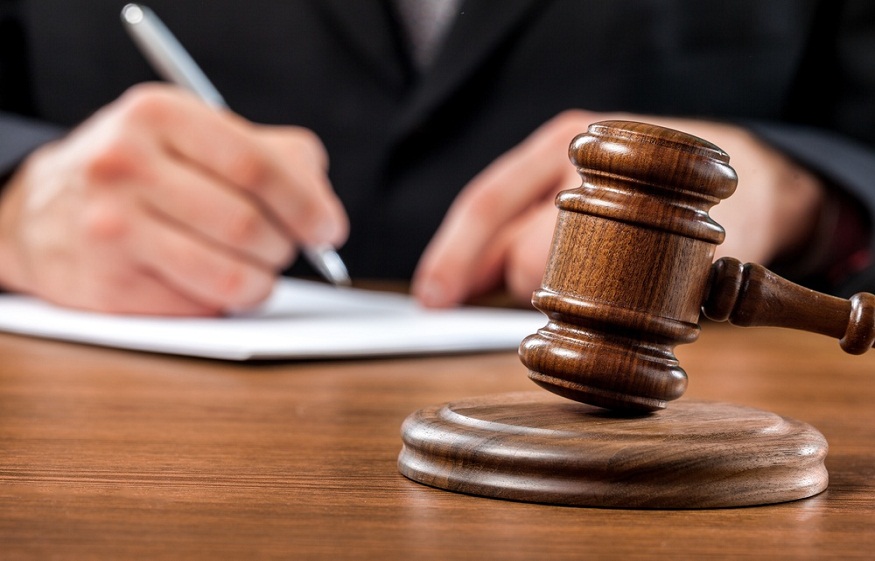What Is Discovery Following a Civil Court Judgment?

Civil litigation in the U.S. is governed by state and federal laws. In addition, laws are written using certain terminology that people not involved in the system might not know. Take the term ‘discovery’. It can apply to several actions that might occur during the various phases of litigation. Discovery following a court judgment is all about enforcement.
Civil judgments are court actions recognizing the existence of some sort of debt. A judgment can be entered against an insurance company successfully sued by an accident victim. A judgment can be entered against a consumer for failing to pay a debt. No matter the case, a judgment is a legal recognition that a debt is owed.
The thing about court judgments is that they are not enforced by the courts that enter them. Plaintiffs and their representatives must enforce them on their own. According to Judgment Collectors out of Salt Lake City, UT, the process of collecting an outstanding judgment begins with discovery.
Discovering a Means to Pay
The best way to understand discovery following a civil court judgment is to think of it as the plaintiff and their attorney discovering any means by which the defendant can pay. In other words, let us say you own a business. You sue one of your customers for not paying his bill. You win the case, and a judgment is entered against your customer. Now you need to know how and if your customer intends to pay you.
Figuring that out is the point of discovery. You and your attorney, or perhaps your collection agency, utilize whatever means the law allows to accomplish discovery. Most states allow discovery in one of two ways: written or verbal interrogatories. Simply put, plaintiffs are allowed to ask about the debtor’s assets, employment information, etc. – through either an in-person interview or written questions.
Utah is one state that allows a plaintiff to ask for a court order compelling an uncooperative defendant to appear in court for discovery purposes. If the defendant fails to appear and still refuses to cooperate, a bench warrant can be issued for their arrest.
What Plaintiffs Are Looking For
During discovery, plaintiffs and their attorneys are looking for any means the defendant may have to pay what is owed. They almost always ask for employment information for the express purposes of garnishing wages. Plaintiffs and their attorneys also ask for bank account information. Why? Because some states allow bank accounts to be garnished.
The discovery process is also utilized to uncover assets that could be leveraged by attaching liens to them. For example, you could attach a lien to your customer’s home. If that person ever decides to sell the home, the lien forces them to pay you out of the proceeds of the sale.
It is not uncommon for defendants to attempt to hide assets from discovery. They may transfer ownership of property to a family member. They may attempt to quickly sell property and hide the proceeds. Whatever the case, plaintiffs generally have a limited amount of discovery time before they start running into brick walls.
Calling in the Big Boys
A plaintiff could be forgiven for thinking all has been settled after winning a civil lawsuit. But in most cases, winning the suit is just the start of a long and arduous collection process. That process begins with discovery. And in some cases, a tough discovery phase is enough to convince a plaintiff to call in the big boys – which is to say a debt collection agency. Discovery can be just that frustrating.






